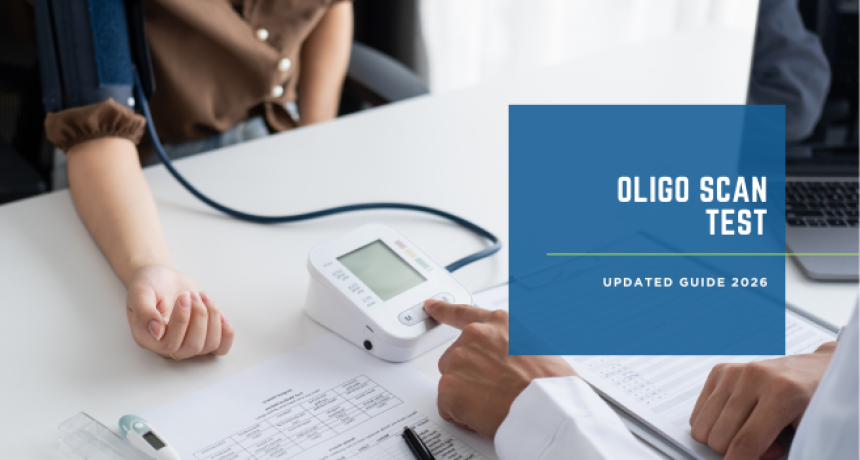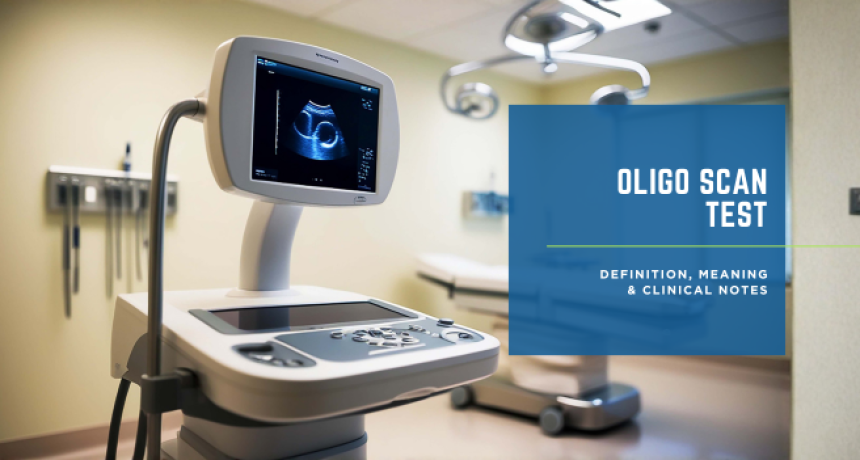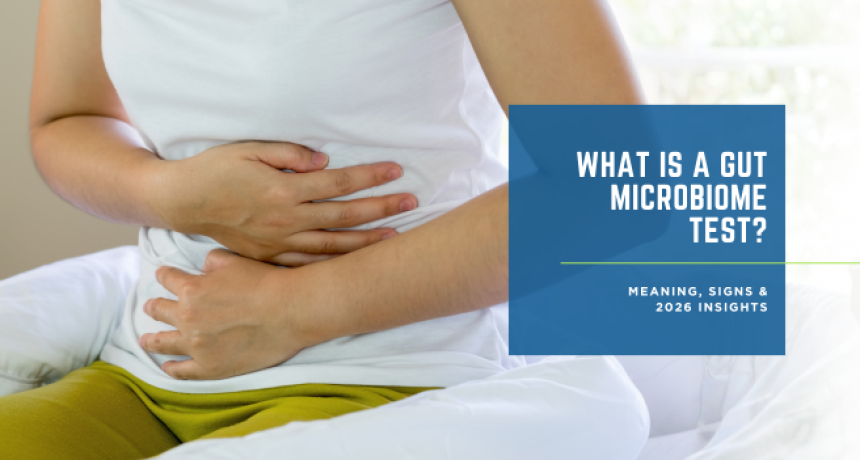Vegan Diet Chart for Heart Patients: Cardioprotective Plan
2025-02-18 A cardioprotective vegan diet is a plant-based eating plan designed to improve heart health, lower cholesterol, support digestion, and promote weight loss. By focusing on whole, nutrient-rich foods, you can reduce the risk of heart disease and maintain a healthy lifestyle. In this guide, we’ll explore the benefits, essential heart-healthy foods, a full 7-day vegan meal plan, and FAQs to help you make the most of your heart-friendly diet. A plant-based diet naturally reduces saturated fats, promotes healthy cholesterol levels, and provides essential antioxidants that protect the heart. A cardioprotective vegan diet should include a variety of nutrient-dense, anti-inflammatory, and fiber-rich foods: Avocados – Rich in monounsaturated fats, good for heart health. Nuts & Seeds – Walnuts, flaxseeds, and chia seeds provide Omega-3s. Olive Oil – A heart-friendly alternative to butter. Whole Grains – Oats, quinoa, brown rice, and whole wheat help lower cholesterol. Legumes – Lentils, chickpeas, and black beans improve heart health. Leafy Greens – Spinach, kale, and broccoli are high in heart-protecting antioxidants. Berries – Blueberries, strawberries, and raspberries reduce inflammation. Tofu & Tempeh – Great meat alternatives packed with protein. Legumes & Beans – High in fiber and protein for heart health. Balance and boost your health with a Low Glycemic Diet! Here’s a balanced, heart-friendly vegan meal plan to help you improve cholesterol levels, manage weight, and support digestion. Achieve your health goals with a personalized diet plan in delhi! Lifestyle Tips for a Healthy Heart Apart from following a heart-friendly diet, adopting the right lifestyle habits can further support cardiovascular health. ✔ Exercise Regularly: Engage in at least 30 minutes of moderate exercise daily. Yes! A plant-based diet high in fiber, healthy fats, and antioxidants can significantly reduce LDL cholesterol and improve overall heart health. The daily protein requirement varies, but most adults need around 50-70g of protein per day. You can get enough protein from lentils, chickpeas, quinoa, tofu, and nuts. Yes! A whole-food, plant-based diet can help regulate blood sugar levels and reduce the risk of type 2 diabetes.Why Follow a Cardioprotective Vegan Diet?

✅ Benefits of a Cardioprotective Vegan Diet
✔ Supports Weight Loss: Low-calorie, fiber-rich foods promote healthy weight management.
✔ Reduces Risk of Heart Disease: Whole plant-based foods help regulate blood pressure and reduce inflammation.
✔ Enhances Digestion: High-fiber meals improve gut health and prevent constipation.
✔ Regulates Blood Sugar: A balanced vegan diet helps manage blood sugar levels, reducing diabetes risk.
1️⃣ Healthy Fats:
2️⃣ Fiber-Rich Foods:
3️⃣ Antioxidant-Packed Vegetables & Fruits:
4️⃣ Plant-Based Protein Sources:
7-Day Cardioprotective Vegan Meal Plan
Day 1
🥗 Lunch: Chickpea salad with avocado, lemon dressing, and quinoa (400 kcal)
🥑 Snack: Carrot sticks with hummus (150 kcal)
🥘 Dinner: Lentil soup with whole wheat bread and spinach salad (450 kcal)Day 2
🥗 Lunch: Stir-fried tofu with brown rice and mixed vegetables (420 kcal)
🥑 Snack: Roasted pumpkin seeds with green tea (160 kcal)
🥘 Dinner: Quinoa bowl with roasted sweet potatoes and chickpeas (440 kcal)Day 3
🥗 Lunch: Lentil and vegetable stir-fry with whole wheat roti (390 kcal)
🥑 Snack: Handful of almonds and walnuts (170 kcal)
🥘 Dinner: Grilled tofu with roasted Brussels sprouts and quinoa (460 kcal)Day 4
🥗 Lunch: Black bean and corn salad with lime dressing (400 kcal)
🥑 Snack: Fresh fruit with peanut butter (180 kcal)
🥘 Dinner: Chickpea curry with brown rice and steamed broccoli (450 kcal)Day 5
🥗 Lunch: Quinoa and vegetable soup with a side of hummus and whole wheat crackers (390 kcal)
🥑 Snack: Roasted sunflower seeds and herbal tea (160 kcal)
🥘 Dinner: Grilled eggplant with lentils and spinach salad (430 kcal)Day 6
🥗 Lunch: Vegan burrito with black beans, avocado, and salsa (410 kcal)
🥑 Snack: Cucumber and hummus (150 kcal)
🥘 Dinner: Miso soup with tofu, brown rice, and stir-fried bok choy (420 kcal)Day 7
🥗 Lunch: Spinach and lentil salad with tahini dressing (400 kcal)
🥑 Snack: Fresh fruit and almonds (180 kcal)
🥘 Dinner: Roasted bell peppers stuffed with quinoa and chickpeas (440 kcal)

✔ Manage Stress: Practice meditation, yoga, or deep breathing to reduce stress.
✔ Stay Hydrated: Drink plenty of water and herbal teas to support digestion and circulation.
✔ Limit Processed Foods: Avoid excess sugar, refined grains, and trans fats that harm heart health.
✔ Quit Smoking & Limit Alcohol: Both can significantly increase the risk of heart disease.Frequently Asked Questions (FAQs)
1. Can a vegan diet really lower cholesterol?
2. How much protein do I need on a vegan diet?
3. Is a vegan diet suitable for people with diabetes?
.png)















